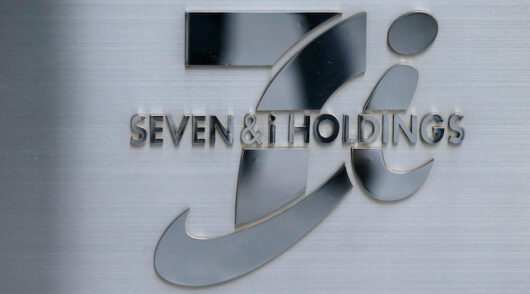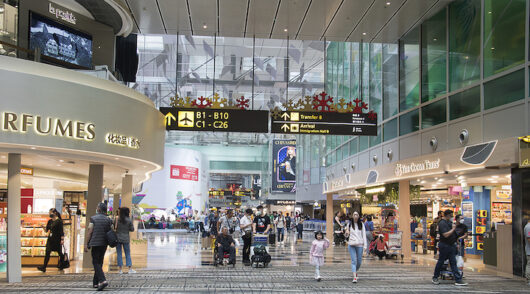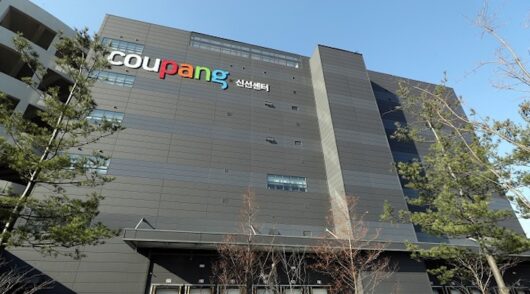Walmart says it will conduct in-depth safety inspections at all factories in Bangladesh that produce goods for the retailer.
The company will complete all reviews within six months and will publicly release the names and inspection information on all 279 factories. As a result, workers in these facilities can be assured of safer working conditions, it says.
Walmart began more rigorous inspections under the enhanced safety program earlier this year, and will begin posting results of these inspections on June 1. Adding to this new level of supply chain transparency, the company posted on its website the list of failed factories in Bangladesh that are no longer allowed to produce for Walmart: http://corporate.walmart.com/bangladesh. A list of all failed factories will follow in the coming weeks.
The company is also increasing the pace and frequency of follow up inspections in all Bangladesh factories, with visits taking place every two months to ensure both compliance and progress.
“Transparency is vital to make progress in improving factory conditions, and by disclosing this information, government, workers, non-governmental agencies, and companies can benefit from this work,” said Rajan Kamalanathan , VP of ethical sourcing for Walmart.
The safety inspections are designed to provide detailed reports that allow the company to continue to make responsible sourcing decisions, and include:
- Thermal circuit imaging to determine the temperature profile of the factory electrical system and analysis for possible faults and fire risks.
- A review of system compliance with both local legislation and global standards (NFPA 70).
- Measurement of circuit parameters including voltage, current, insulation, and leakage to identify system performance and existing or upcoming risks, as well as a review of circuit load in relation to system protections to identify the degree of protection against overload and hotspots/sparks.
- Confirmation of approved building design and verification of civil design compared to major dimensions of existing building construction; a review of building utilization per permits and as utilized; reviews of compliance with local legislation; review of routes of egress, fire detection systems and response elements, including sprinkler systems and fire mains.
- Visual inspection of building for indications of structural distress.
- Review of building use as compared to conditions established in fire certificate for the building.
Walmart retained engineers and other trained professionals to perform these inspections at its own cost. The company will order production stopped at facilities where urgent safety issues are identified, notify the factory owner and government authorities of the need to take action, and require remediation. Walmart expects that the costs of appropriate remediation and ongoing safety investments to be appropriately reflected in its costs of goods purchased.
“If we identify issues that cause us to believe that people’s lives are in danger, we will take swift action,” said Kamalanathan. “Preventing the kinds of tragedies that have recently taken place in Bangladesh will only happen if all stakeholders across the board set clear parameters and take action to drive real safety and compliance improvements.”
Walmart will also contract with Bureau Veritas to provide fire safety training to every worker in every factory that produces goods for the company in Bangladesh. In addition, the company is contributing $600,000 towards a project that empowers workers to have a voice in the solution. By partnering with Labor Voices, a company that communicates proactively and directly with workers to identify and share concerns inside of factories, Walmart will gain new insights for ensuring the safety of and empowering factory workers.






